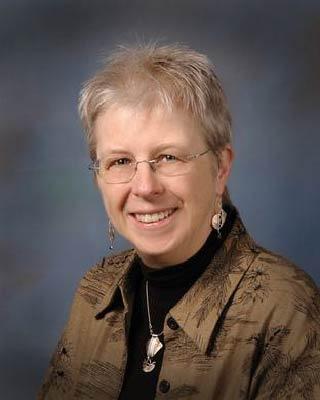When I was attending the 2015 Duke Family Medicine Residency graduation in June, I came to the realization that if we kept counting after graduation, I would be PGY 40 (in my 40th post-graduate year). I continued to ponder that thought as we greeted a fresh troop of first-year residents the next month.
This led me to the conclusion that we really should keep counting the years of education, as it never stops while we proceed through our careers. The process of learning has evolved over the years, but the purpose of learning has not. We want to be better doctors.
My career at Duke-Watts Family Medicine on Broad Street in Durham started when communication was by phone, fax and paper. We did have “The Medical Record” (TMR) — the first in the country and created by some of our department’s faculty members — but physicians had little interaction other than a paper printout for the visit. That printout did have the hint of the future of the electronic medical record. It included the problem list, the immunization list, prevention history, space for manual entry of the visit diagnosis, billing data and space for orders. At this time, researching a topic meant a trip to the library if the journal was not in the office.
Now in 2015, we can see the entire medical history and find specific items with a search command. We can send scripts to the pharmacy, notes to the patient, and consultations to our specialty colleagues with a few keystrokes, clicks and commands. Patients have the capacity to contact us with the same system and to review their own care. We are monitored, databased, reviewed and graded by the same system that often feels like a page from George Orwell’s1984. That is just the tip of the electronic iceberg. With the revolution we have a way to stay in contact unlike ever before.
We can get Continuing Medical Education (CME) via the Internet with online modules, webinars, TED talks and Skype. We can maintain our certification electronically with SAMS. We can share our work online via education sites such as MedPortal and Society of Teachers of Family Medicine Resource Library.
Duke Family Medicine on social media
The electronic social revolution is allowing us to share our stories and to keep in touch. Duke Family Medicine has several “cyberdocs” lurking in the broadband world. You can keep up with your old friends and colleagues while learning about today’s residents at the Duke Family Medicine Residency Facebook page and follow the residency program’s Population Health Improvement through Teamwork (PHIT) curriculum. Our fellow divisions in Duke Community and Family Medicine also have social media presences:
- The Division of Community Health Facebook page give a look at the breadth of activity and community engagement in the Durham community
- The Duke Physician Assistant Program is on Facebook and YouTube.
You can follow our residency program director, Viviana Martinez-Bianchi, M.D., FAAFP, on Twitter: @vivimbmd. I tweet, too. Check out @DukeFMStudents for health-related information of interest to family doctors and students of family medicine. Also follow @Duke_CFM for updates on the activities in the department.
I am about to enter my PGY 41 and am excited to see what the future will bring. So I will check my schedule on my Apple watch, review my Twitter feed, pick up a couple of CME credits online and look for you in cyberspace. That is after I complete my Maestro (Duke’s Epic tag) charts, answer messages from patients and review labs. Let’s start a hashtag now: #Iamafamilydoctor. See you in cyberspace.
Joyce Copeland is the associate program director of the Duke Family Medicine Residency Program. She graduated from the Duke Family Medicine Residency Program and has worked in the Division of Family Medicine for 35 years. Contact her at joyce.copeland@dm.duke.edu.
Editor’s note: A member of the Duke Family Medicine Residency Program leadership team guest blogs every month.
